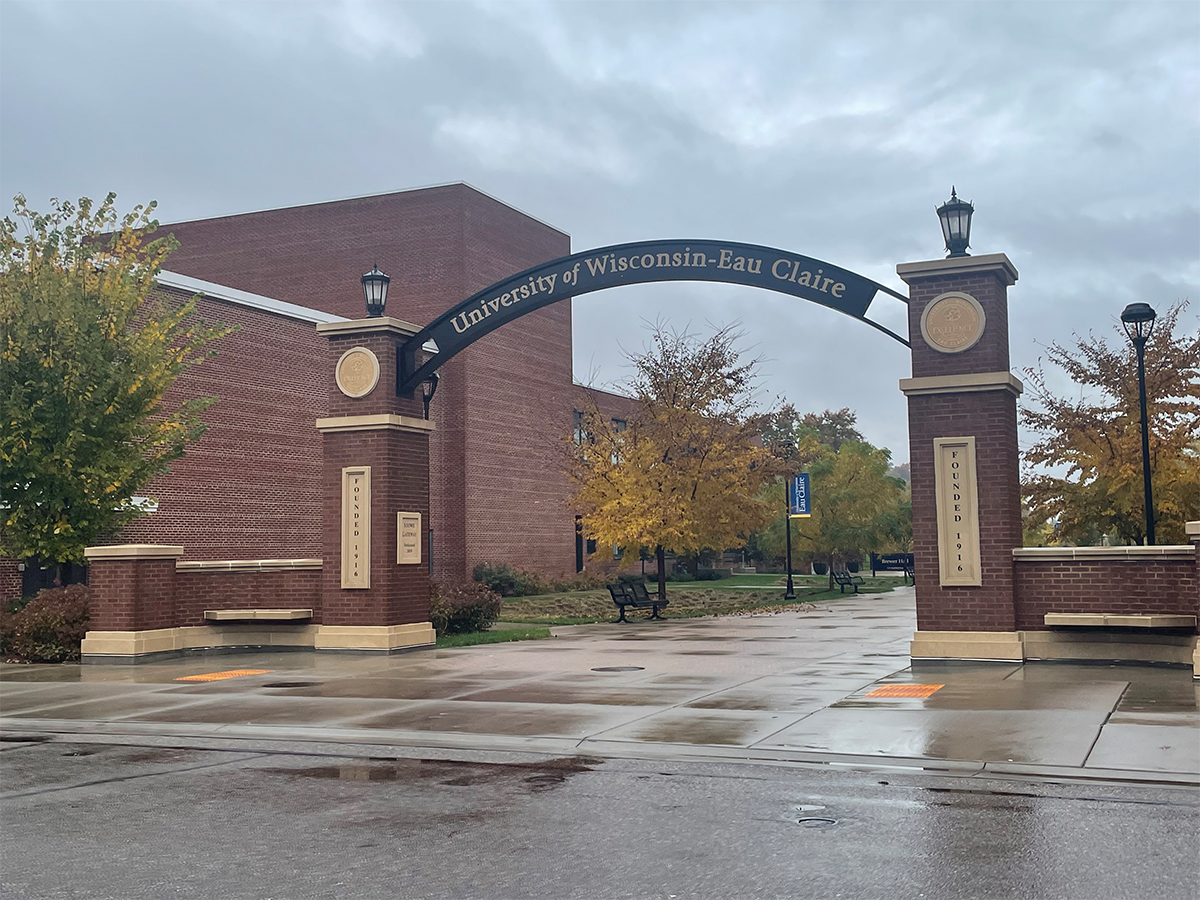UW-Oshkosh, Fond du Lac and UW-Milwaukee at Washington County will close their in-person instruction following the end of the 2023-24 academic year, which was announced in a news release earlier this week by Universities of Wisconsin System President Jay Rothman.
This comes alongside the announcement that UW-Platteville Richland will close its doors permanently, no longer providing in-person or online instruction for students.
The UW System believes it to be a change in students’ desires, with four-year degrees and online classes becoming more popular than associate degrees.
“It’s time for us to realign our branch campuses to current market realities and prepare for the future,” Rothman said. “The status quo is not sustainable.”
At UW-Oshkosh, Fond du Lac, the current student body totals 235 students, with admissions falling over the past decade.
According to the UW System, in 2010 there were 304 new freshmen at Fond du Lac. In 2022 there were 98. The data displays as to why the system may be looking for other answers.
There are currently 13 branch schools within the UW System. Tied to UW-Eau Claire, the Barron County campus offers associates degrees at a lower rate than the standard university.
As Chancelor James Schmidt stated, the Barron County campus is essential in providing education to those who need it most.
“Rural communities are struggling and need universities and colleges in their region to be proactive partners in finding solutions to stabilize populations and attract and retain a viable workforce,” Schmidt said.
“Our goal is to offer high school students an alternative to leaving the area to obtain a four-year degree or find a job,” Schmidt said. “We want to provide the option of remaining in the area to obtain a college degree while working in a productive and rewarding career.”
This goes alongside new data showing that admission rates have dropped the steepest in rural communities.
According to the Lumina Foundation, only 19% of rural America holds a bachelor’s degree. This makes educational opportunities impactful in these areas. With the system’s removal of the branch schools, rural students will suffer.
Remote learning has become more common following the COVID-19 pandemic, and some students may want to continue that way.
Remote learning is also far more affordable for universities. In the future, the UW System has deemed it a priority beyond a pandemic learning model.
“Online enrollment has been trending up as well. The market is telling us that increasingly students are pursuing a degree at our four-year campuses or online,” Rothman said.
Schmidt said UW-Eau Claire — Barron County students should not be concerned about the branch campus closing in the near future.
“By collaborating with our partners in the region, we believe UW-Eau Claire — Barron County can play a vital role in creating opportunity for young people and their families as well as nontraditional students and adults planning to complete their degrees,” Schmidt said.
Leick can be reached at l[email protected].








